In a controversial move, U.S. District Judge Tanya Chutkan imposed a narrow gag order on former President Donald Trump in the 2020 election subversion case pending in the U.S. District Court for the District of Columbia. The order prohibits Trump from making public statements targeting certain individuals involved in the trial.
This comes after special counsel Jack Smith’s team expressed concerns about the former president’s constant criticisms of the effort to prosecute him for allegedly engaging in illegal activity to overturn the outcome of the 2020 presidential election. However, critics argue that the gag order is an effort to stifle Trump’s speech while he is running for a second term as president.
The federal judge overseeing the 2020 election subversion case against Donald Trump in Washington imposed a narrow gag order on him on Monday, barring the Republican former president from making statements targeting prosecutors, possible witnesses and the judge’s staff.
The order from U.S. District Judge Tanya Chutkan is a milestone moment in the federal case that accuses Trump of illegally conspiring to overturn his 2020 election loss to Democrat Joe Biden.
Special counsel Jack Smith’s team had raised alarm about a barrage of statements disparaging prosecutors, the judge and prospective witnesses. Those comments, prosecutors said, risked undermining public confidence in the court system and causing witnesses or people who might be picked as jurors for trial to feel harassed and intimidated.
Chukan said there would be no restrictions on statements criticizing the Justice Department generally or statements about Trump’s belief that the case is politically motivated.
The order bars Trump “from making statements targeting prosecutors, possible witnesses, and the judge’s staff.”
"Mr. Trump is a criminal defendant. He is facing four felony charges. He is under the supervision of the criminal justice system and he must follow his conditions of release," Chutkan said. However, Trump's lawyers are poised to challenge the order, arguing that it's an unconstitutional hindrance to his political speech.
At one point during the proceedings, John Lauro, Trump’s lawyer, said the prosecutors were “seeking to censor a political candidate in the middle of a campaign.”
However, Judge Chutkan retorted that Trump “does not have a right to say and do exactly as he pleases.”
“You keep talking about censorship like the defendant has unfettered First Amendment rights. He doesn’t,” Chutkan, an Obama appointee, elaborated. “We’re not talking about censorship here. We’re talking restrictions to ensure there is a fair administration of justice on this case.”
In the eyes of the prosecution and Judge Chutkan, the gag order is not a curtailing of free speech. Rather, it is supposedly a move to protect the integrity of the legal proceedings. Prosecutor Molly Gaston insisted that Trump’s posts on social media “motivate people to threaten others,” which could potentially pollute the jury pool and intimidate witnesses. “This is about language that presents a danger to the administration of justice,” Chutkan argued.
Conversely, Trump’s team argues that the gag order is not just a practice being employed to protect the integrity of the court proceedings but a brazen affront to Trump’s First Amendment rights. They characterize the move as a “desperate effort at censorship” and noted that the timing and nature of the order smack of political motivation despite Chutkan’s claim that politics does not belong in the court. “Every single issue that relates to this case also has political issues,” Lauro pointed out.
The reality is that Trump is a presidential candidate, which would make almost any gag order a politically charged move. Indeed, to many, it is clear that the entire effort to prosecute Trump is motivated by an effort to influence the outcome of the 2024 election. The former president’s team plans to challenge the order. But if it sticks, it could set a problematic precedent for how free speech can be stifled under the guise of maintaining the supposed integrity of the court system. There are indications that this case could go through the appeals process and even make it to the Supreme Court.
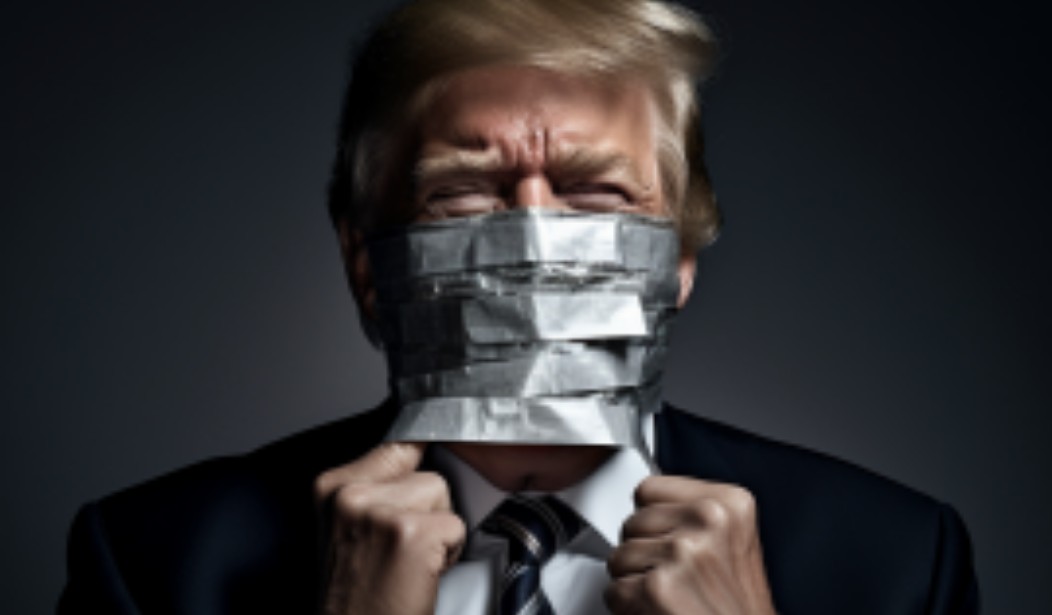
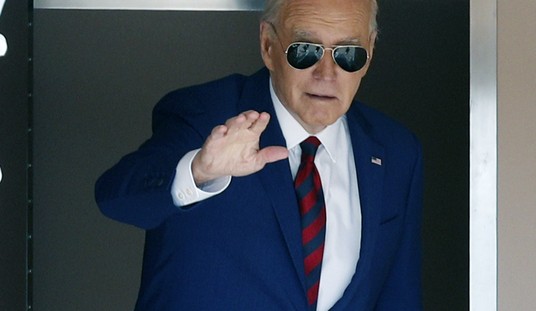


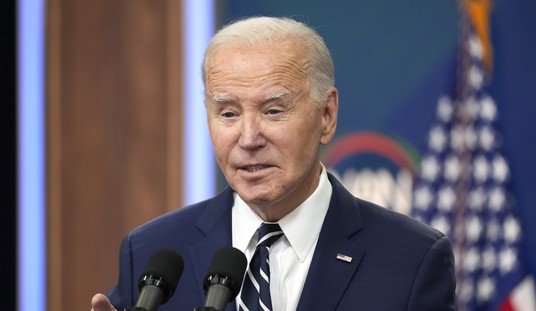
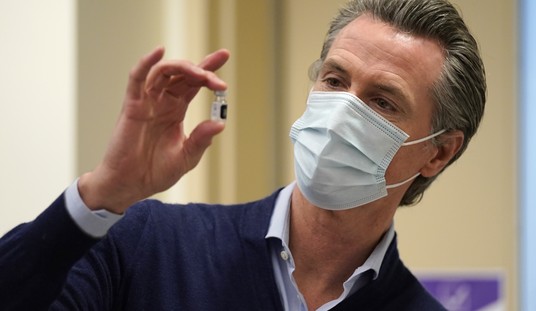
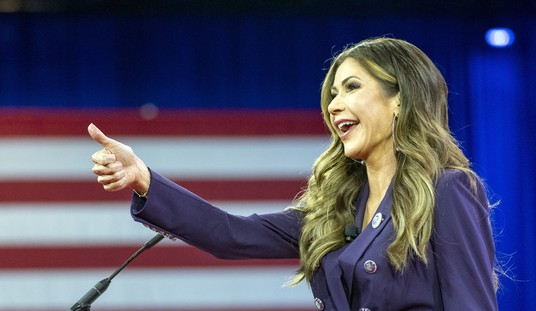
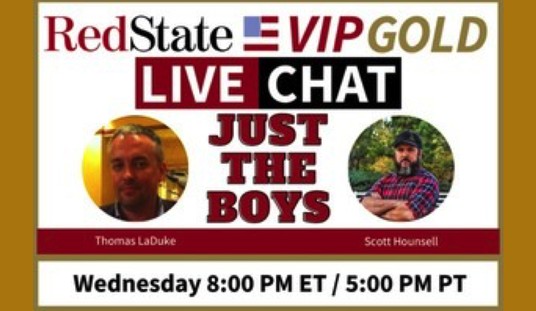
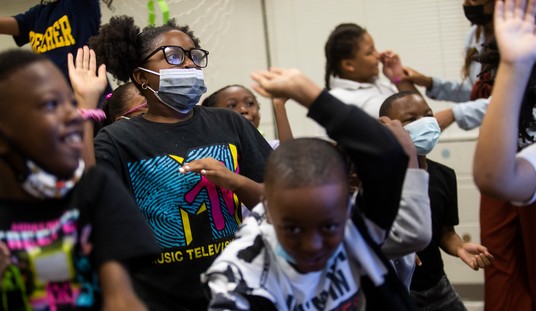

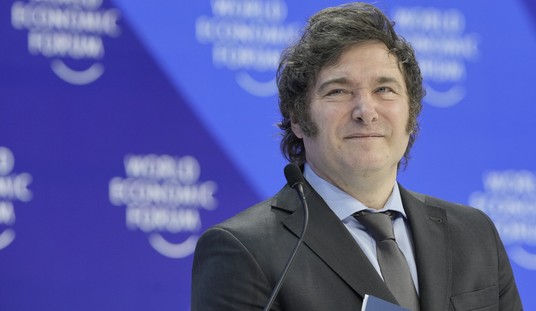
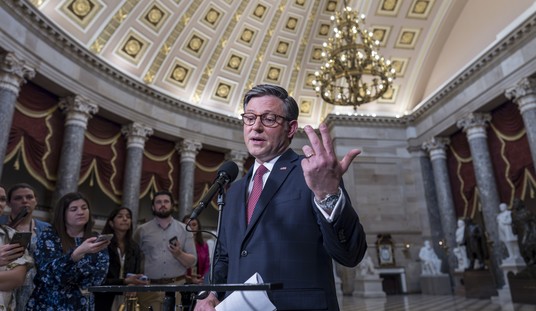
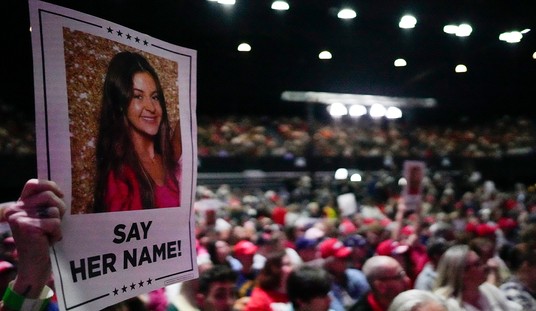

Join the conversation as a VIP Member